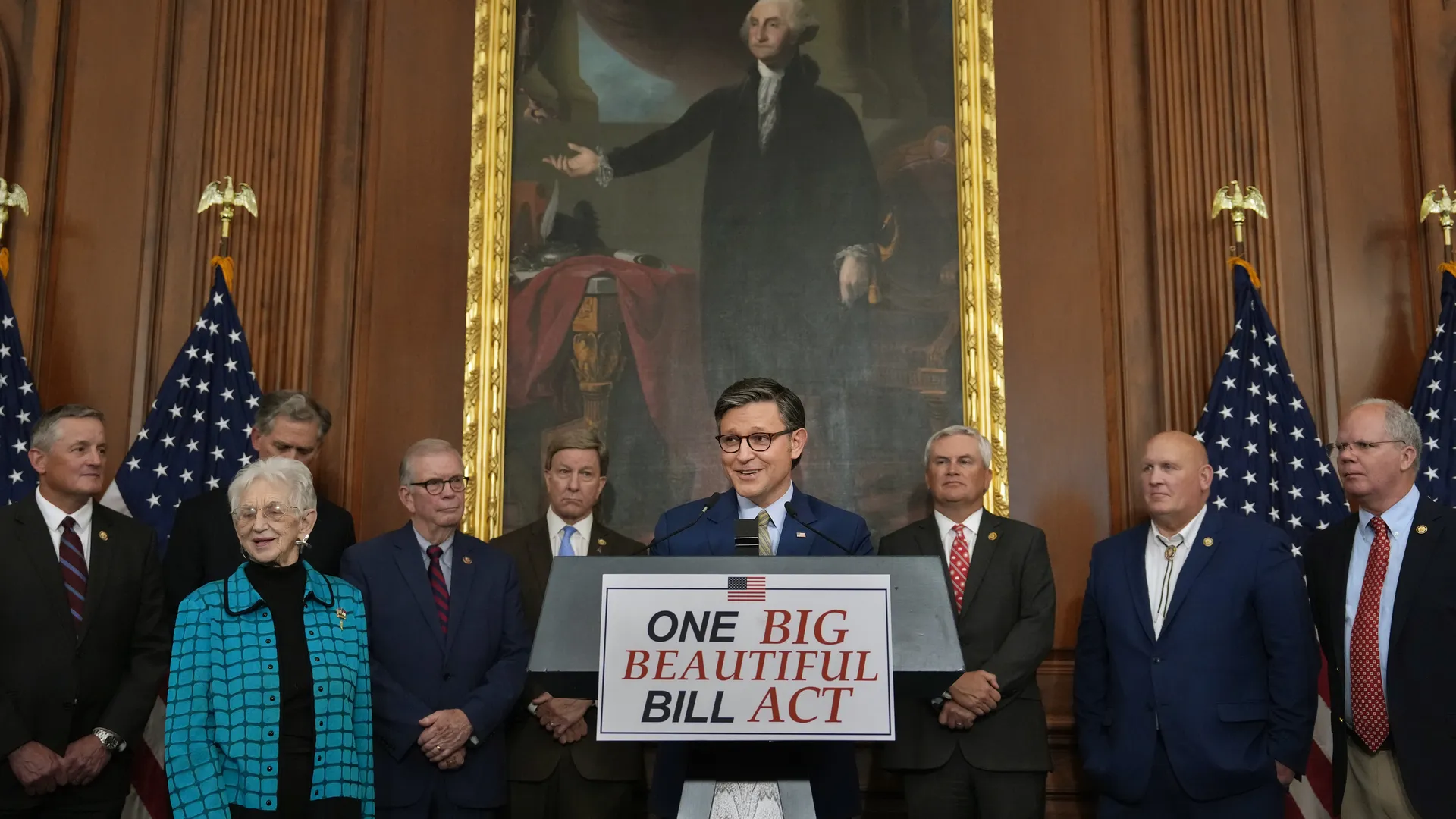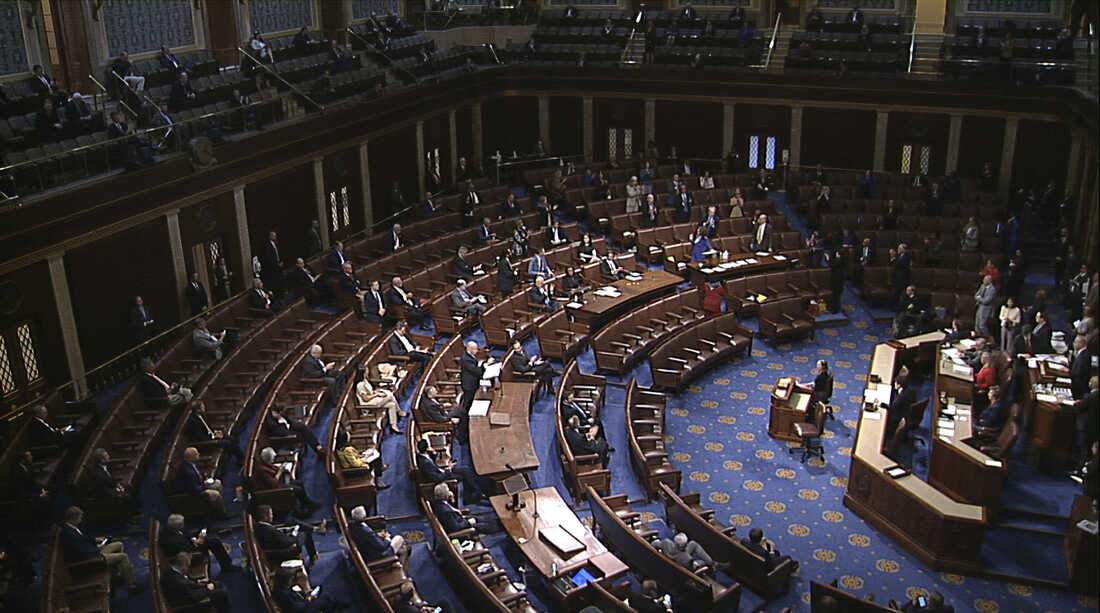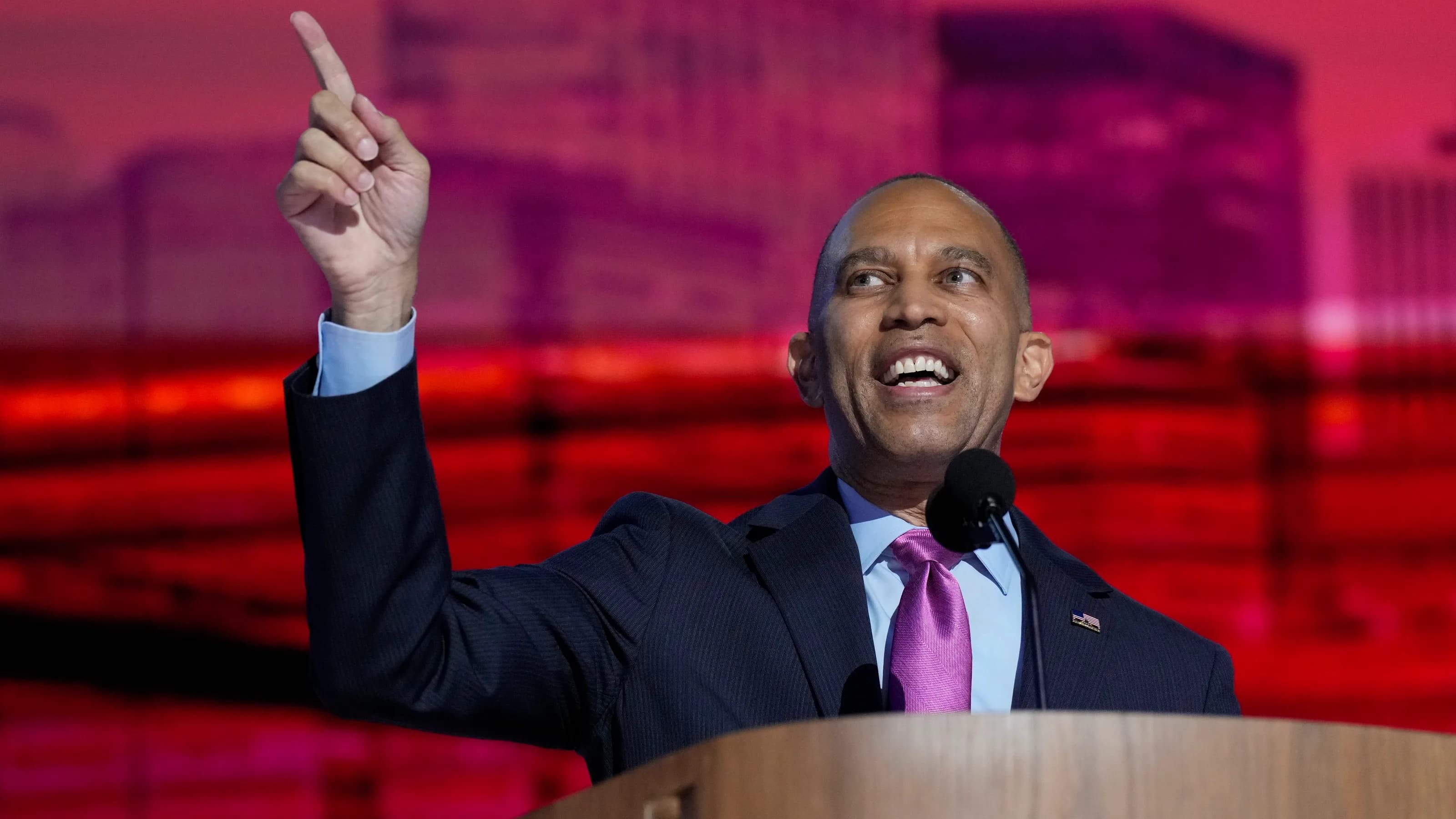House Minority Leader Hakeem Jeffries drew a standing ovation from Democrats during a marathon speech early Thursday morning, using his "magic minute" privileges to highlight the devastating consequences of President Trump’s controversial Big Beautiful Bill. The bill, which proposes significant cuts to essential social services, including Medicaid and nutrition assistance, has been described by Jeffries as an unprecedented assault on the American people, particularly on those already facing systemic inequities.
Jeffries Amplifies Marginalized Voices
As reported by Washington Examiner, Jeffries passionately read letters from constituents affected by the bill, emphasizing their stories and struggles. This tactic, reminiscent of similar efforts by other progressive leaders, serves to place human faces on legislative decisions that could otherwise be reduced to mere numbers and statistics. By reading these letters aloud, Jeffries not only stalled the vote but also shifted the narrative back to the people who are often silenced in the legislative process.
Impacts of the Big Beautiful Bill
The bill proposes cuts upwards of $600 billion from vital programs that support low-income families, disabled individuals, and veterans. Critics argue that these cuts will exacerbate existing inequalities, pushing more Americans into poverty and further burdening already overwhelmed social services. As noted in Congress.gov, the legislative process allows for limited debate under certain rules, which Jeffries challenged by taking his time to ensure that every voice could be heard.
\n\n
Trump, Mike Johnson faces Senate Repoublican opposition on ...
Environmental Justice at Stake
From a climate justice perspective, the cuts proposed in the Big Beautiful Bill pose a direct threat not only to social welfare but also to environmental sustainability. Many programs that face funding reductions are crucial for promoting green initiatives and supporting communities that are disproportionately affected by climate change. These communities, often marginalized and under-resourced, rely on government support to address both social and environmental challenges, making the implications of this bill particularly dire.
Resistance from the Democratic Caucus
Jeffries’s tactic resonated deeply with his colleagues, as they applauded his commitment to representing the disenfranchised. His statement that “there are stories that need to be told” underscores a progressive belief that legislative decisions must not only be data-driven but must also consider the lived experiences of real people. This strategic use of floor time reflects a growing frustration among Democrats regarding the lack of substantive debate in Congress, particularly on issues that demand careful consideration.
\n\n
House And Senate Both In Washington For Votes Amid Questions ...
Trump"s Pressure and the Fight Ahead
As the clock ticks toward Trump’s self-imposed July 4 deadline, the pressure intensifies. The President took to Truth Social to criticize Republican holdouts, urging them to back his bill and end the delays. This call for urgency adds a layer of complexity for legislators, who must weigh the political ramifications of their votes against the potential harm to their constituents. As Jeffries continues to read letters into the morning light, he is not just stalling a vote; he is igniting a much-needed conversation about accountability, equity, and the dire need for a more just legislative agenda.



![[Video] Gunfire between Iraqi security forces and Sadr militias in Baghdad](/_next/image?url=%2Fapi%2Fimage%2Fthumbnails%2Fthumbnail-1768343508874-4redb-thumbnail.jpg&w=3840&q=75)
